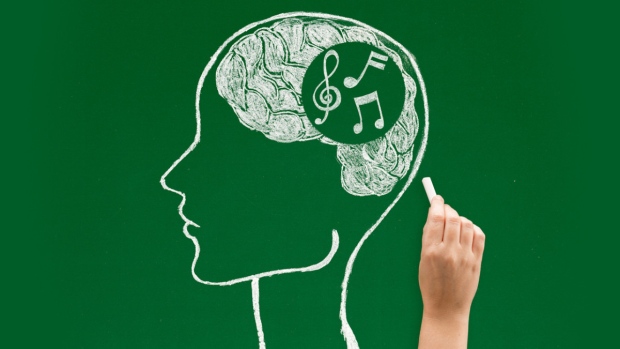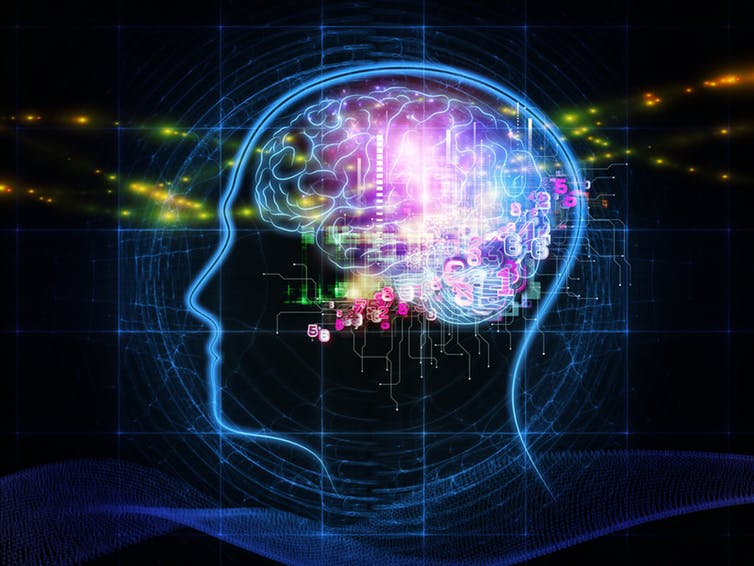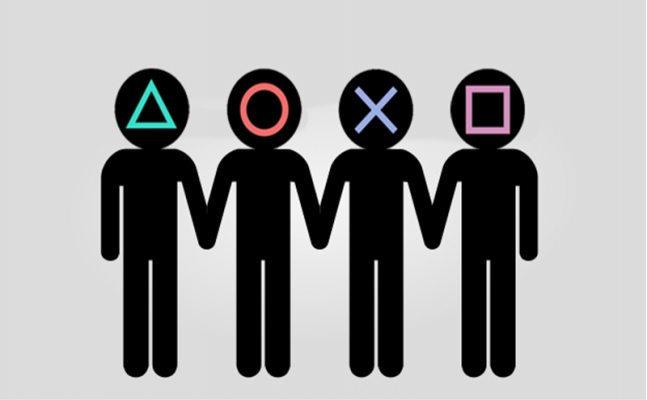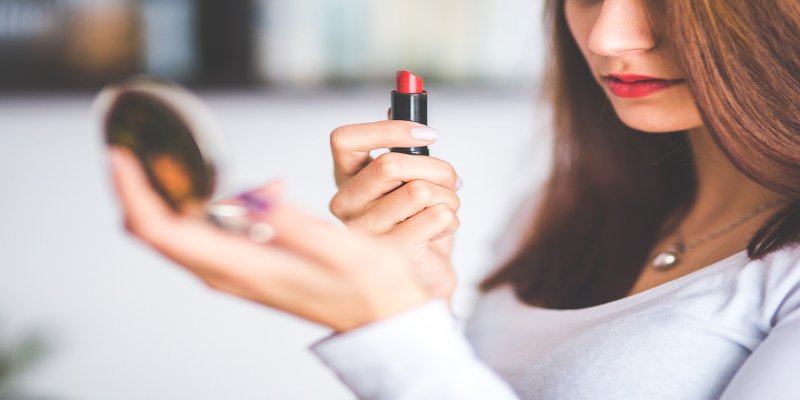Tech can read brain and identify songs you`re listening
- Vaishali
- Tuesday | 6th February, 2018

Scientists have come up with a new technique that can ‘read’ your mind and recognize the songs you are listening to.
Scientists have come up with a new technique that can ‘read’ your mind and recognize the songs you are listening to.
The technique, built by the researchers at D’Or Institute for Research and Education in Brazil and University Hospital Leipzig in Germany, lays concrete on the way for new research on the rebuilding of auditory imagination and inner speech. It can also boost brain-computer interfaces with the intention of setting up communication with locked-in syndrome patients.

The study was carried out by researchers from Brazil, India, Germany, and Finland. A Magnetic Resonance (MR) machine was used to analyze participants` minds and figure out what song they are listening to.
The machine is able to do this by analyzing and decoding the signals it was receiving by their brains. The study was able to read participants` minds with 85% success.
The neural fingerprint of each song on participants’ brain was captured by the MRI machine while a computer was learning to identify the brain patterns elicited by each musical piece.

"In the future, machines will be able to translate our musical thoughts into songs. It will answer questions like what musical features make some people love a song and are our brain adapted to prefer a specific kind of music," said Sebastian Hoefle from Brazil.
The study comprised of six volunteers who were made to perceive the sound of 40 varied kinds of music in different genres like classical, rock, pop, and jazz.
The machine then captured the neural fingerprint of each song on participants` brains. The computer took into account musical elements like tonality, dynamics, rhythm, and timbre to identify the brain patterns related to them.
In the coming time, it will fabricate possibilities of communication despite any kind of written or spoken language. By enhancing the brain-computer interfaces, the technology can also be largely used to communicate with locked-in syndrome patients.

If You Like This Story, Support NYOOOZ
Your support to NYOOOZ will help us to continue create and publish news for and from smaller cities, which also need equal voice as much as citizens living in bigger cities have through mainstream media organizations.


.png)
1.png)
.png)
.png)





